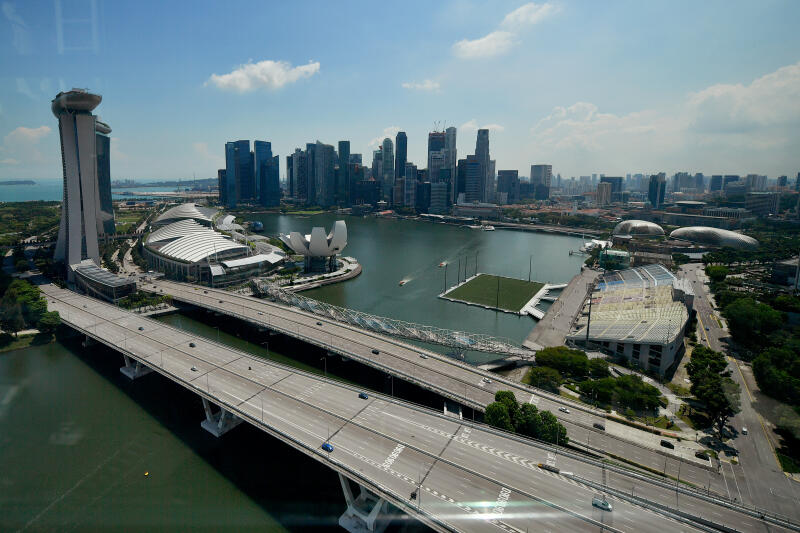Singapore's elites ranked No. 1 globally for value creation in St Gallen-SMU study
Sign up now: Get ST's newsletters delivered to your inbox

Singapore scored in indicators measuring free trade stance, commitment to property rights, and venture capital investment.
PHOTO: ST FILE
SINGAPORE - Singapore's elites create the most value compared with their counterparts around the world, according to a study led by the Switzerland-based University of St Gallen and Singapore Management University (SMU).
There has been a jump in the Elite Quality Index's coverage - from 32 countries, when it started last year, to 151 this year - as well as the number of indicators measured - from 72 to 107.
Singapore holds on to the top spot, scoring highly in indicators measuring free trade stance, commitment to property rights, and venture capital investment. The Republic also scored in having low levels of political corruption.
The study's results, released on Monday (May 24), are designed to be useful for business and political leaders to understand how their actions affect the rest of society, SMU said in a statement on Monday.
The index measures the economic and political power of the elites, and evaluates how they enable or impede growth.
In this study, the "elites" are defined as narrow, coordinated groups that run the largest income-generating business models in an economy. They can include policymakers, business leaders and politicians.
The index does not measure the elites' performance directly. Rather, it assesses how much value their policies and models create, as reflected in 107 diverse indicators, such as the gender wage gap, trade freedom, homicide rate and Internet access.
Switzerland came in second this year, with the United Kingdom in third place. Other countries which made the top 20 include the United States, Japan, Australia, United Arab Emirates and South Korea.
A report on this year's index said that a country which scores higher on the index can expect higher economic and human development levels in the future than other countries which score poorly.
The study also found that elites ranked of higher quality in places have been better able to protect their country from the health and economic impact of Covid-19; for instance, they tended to have a lower Covid-19 age-adjusted fatality rate.
Writing on Singapore's scorecard, Associate Professor Christine Dunn Henderson, a political scientist from SMU, wrote that how Singapore retained its top position merited closer investigation to understand what components of its success might be adapted by other countries.
She also noted that despite the high availability of venture capital, its relatively lower levels of entrepreneurship suggest that its entrepreneurial culture could be improved.
"One challenge confronting Singapore's often risk-averse society is how to foster an environment that encourages risk, creativity and innovation - even when risk may lead to failure," wrote Prof Henderson.
"Effecting such a transformation will require a shift in both societal values and local educational systems that long have emphasised guaranteed results over risk and creativity."


